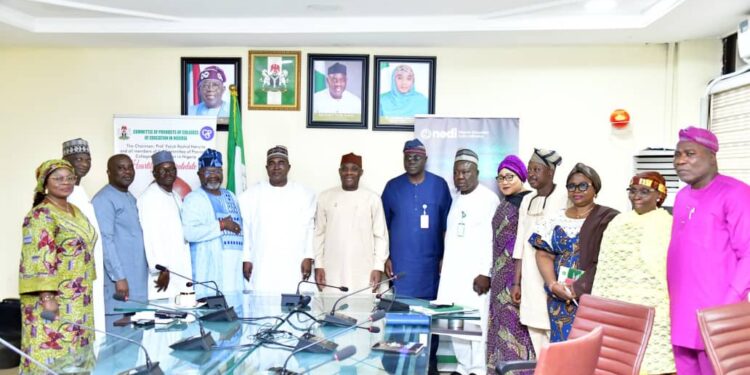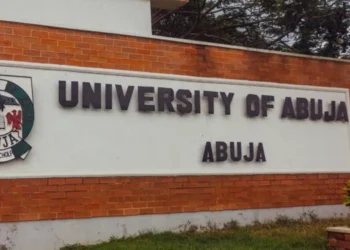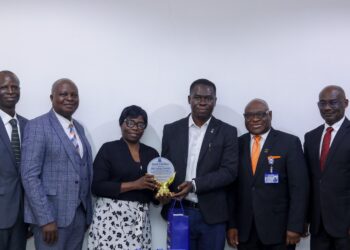In a major policy shift aimed at tackling the rising threat of substance abuse among Nigerian youth, the National Drug Law Enforcement Agency (NDLEA) and the Federal Ministry of Education have agreed to introduce mandatory drug testing for students in tertiary institutions across the country.
The agreement was reached during a high-level meeting on Wednesday at the Federal Secretariat in Abuja, attended by NDLEA Chairman and Chief Executive Officer, Brig. Gen. Mohamed Buba Marwa (rtd), Minister of Education, Dr. Maruf Olatunji Alausa, and other senior officials.
In a statement by NDLEA spokesperson, Femi Babafemi, the agency emphasized that the collaboration would also see drug education integrated into school curricula at the secondary and primary levels, alongside the creation of preventive programmes such as lectures and competitions.
Marwa, addressing the meeting, expressed alarm over the growing prevalence of drug abuse among young Nigerians, warning that it not only undermines youth development but also fuels national insecurity.
“There are millions of children under the supervision of this ministry, and the drug scourge in Nigeria is very high,” Marwa said. “We know that many criminal activities—terrorism, banditry—are made possible because the perpetrators are under the influence of drugs.”
He noted that since 2023, the NDLEA has made over 40,000 arrests, secured 8,682 convictions, and seized more than 5,500 metric tons of illicit substances, including over a billion opioid pills. He added that President Bola Tinubu has approved the establishment of rehabilitation centres nationwide, including one model centre in each geopolitical zone.
Marwa proposed a three-pronged approach: updating the national drug education curriculum, launching school-based prevention initiatives, and implementing a drug testing policy in tertiary institutions.
“We’re recommending drug tests for new students, returning students after vacations, and random testing. The goal is deterrence, not punishment,” he said. “Consequences do not necessarily have to mean rustication, but there must be accountability.”
Responding, Minister Alausa endorsed the proposals, noting that drug abuse negatively impacts academic performance and future employability.
“Students involved in drug use often don’t attend school, and even when they do, they aren’t receiving functional education,” Alausa said.
He announced the formation of an inter-ministerial technical working group between the ministry and NDLEA to fast-track implementation. He also revealed plans to establish a Substance Use Prevention Unit within the Ministry of Education and directed relevant agencies such as the Universal Basic Education Commission (UBEC) and Tertiary Education Trust Fund (TETFUND) to collaborate with the NDLEA Academy in Jos.
“We have to do this. We’ll start with drug tests for new and returning students in tertiary institutions. We do not have a choice,” he added.
The Permanent Secretary of the ministry, Mr. Abel Olumuyiwa Enitan, confirmed the launch of the Substance Use Prevention Unit in his closing remarks, affirming the government’s commitment to curbing drug abuse through education, testing, and rehabilitation.



















































































 EduTimes Africa, a product of Education Times Africa, is a magazine publication that aims to lend its support to close the yawning gap in Africa's educational development.
EduTimes Africa, a product of Education Times Africa, is a magazine publication that aims to lend its support to close the yawning gap in Africa's educational development.